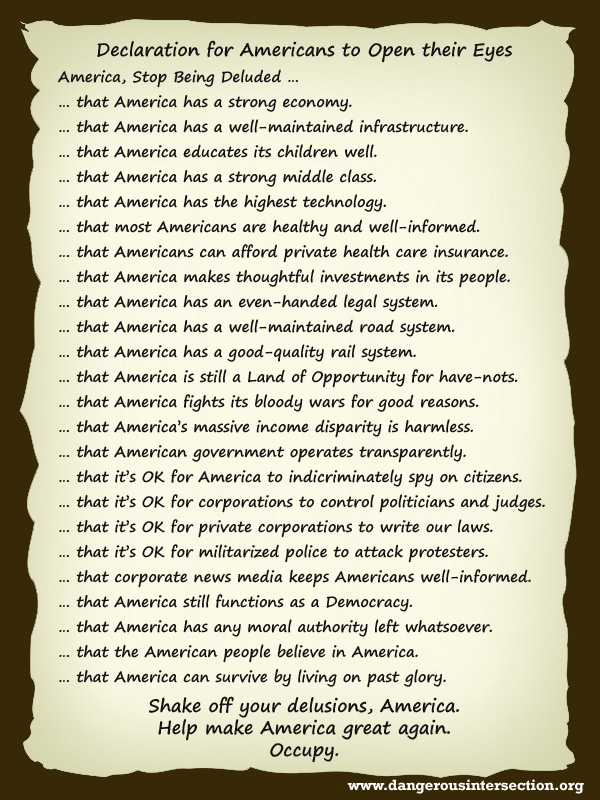Walmart Censors the Bible
Granted that the one they chose to censor isn't a typical, dull, dry Bible that you actually have to read to get to the good parts. This one is gaily illustrated with photographs of Lego™ dioramas for every juicy story. Years of work went into developing the Brick Testament as an online presence. Then a paper publisher got interested, and more work went into producing several volumes (Available on Amazon). But Walmart refused to distribute the books as is, full of literal illustrations of the stories in the Holy book, including the sexual parts. So the publisher persuaded the author to pull the most explicit scenes. And they produced a new volume specifically for Walmart and its clientele. But after an initial small order, Walmart felt that even this censored version of the Bible was still too graphic, and refused to carry the volume. The other Bibles they sell, all of which include even the stories and scenes excised from the Brick Testament, are still for sale. Want more details? Here's a CNet report. Here's a "Patriot Update" report (I find that a Tea Party source can be an interesting perspective).



 There is a new series on the Pharyngula blog: Posts confessing "
There is a new series on the Pharyngula blog: Posts confessing "